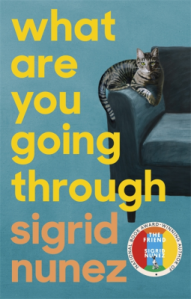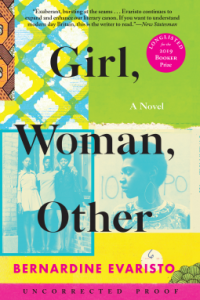
The annual Folk Fest is the biggest event on Bayleen Island in 1969. The atmosphere is pulsating while the audience is waiting for Jesse Reid, latest superstar with his guitar and extraordinary voice. On his way to the show, he has an accident which unexpectedly bring the local band Breakers on stage. It only takes minutes for Jane Quinn, their singer and songwriter, to win the people over with her charismatic performance. It is the birth of a star, the Breakers are invited record an album and to tour with Jesse’s band. Quite naturally, the two musicians fall for each other, but it is not an easy love, neither Jesse nor Jane is the carefree new star, they suffer from bad experiences and the demons that haunt them. Additionally, Jane fights with the music industry’s sexism and a feeling of being considered just Jesse’s accessory. For some time, they ignore all this, but closing their eyes does not prevent them forever from having to face some truths.
Emma Brodie’s novel perfectly captures the vibes of the time. Her protagonists are highly gifted musicians who live for the music and the moment. “Songs in Ursa Major” is an emotionally overwhelming novel which draws you in its world immediately. Especially Jane is a vividly drawn character whom you come to love immediately despite the stubbornness which comes with her musical genius and perfectionism. She is a role model of a strong-minded feminist who sticks to her ideals and is even willing to sacrifice her career and love in order not to give in to the industry’s conception of a female singer.
The thin line between genius and madness had often been mentioned in connection with creative artists. This also holds true for both, Jesse and Jane, who are far from being mentally stable. Together, they can push each other even further in their genius while heading at the abyss at the same time. Following their creative process translating into songs is a wonderful journey which triggers the emotions in the same way listening to music would.
The villains of the music industry with their unconcealed misogyny make you angry at times but seeing how cleverly Jane can also win some fights can make some amends here. As authentic as this aspect is Jane’s emotional state and the way she tries to cope with her family’s situation and her very personal heritage of creativity and madness alike.
A brilliantly written, intense novel perfect for the summer festival season which brings you back to the time of iconic musicians.

